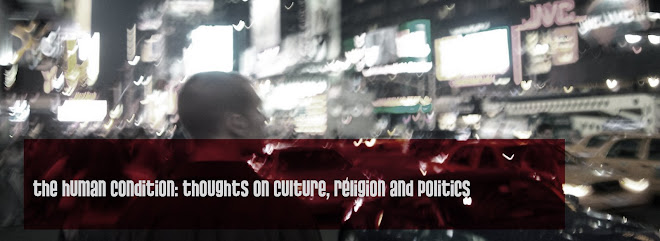Yesterday, the Diane Rehm show interviewed author William Vollmann about his new book, "Poor People." In his book Vollman travels around the world, finds poor people and asks them one "simple" question, "why are you poor?" One answer jumped out at me. Vollmann discussed what is called, "Thai Fatalism." In Thailand he asked some cleaning ladies, who he said lived in awful conditions, why they were poor. Their answer was that it was their karma or destiny, and that they must have been a bad person in another life.
I began to think how similar this answer is to what we in America might say. Not that people are poor because they were bad in a past life, but because they have been bad in this one. In America we put poor people into two different groups called, the "worthy poor" and the "unworthy poor." The worthy poor are the poor who are worth our assistance. These are the "down on their luck" poor, and the ones who are poor because they fell on hard times. In other words, it isn't their fault they are poor. I find we believe that very few people in America fall into this category. We usually think in terms of the unworthy poor. Poor people are poor because they use drugs, are alcoholics, they're promiscuous, lazy etc... Poor people are poor because they are bad people. It's they're own fault, and so they're unworthy of our assistance. In both places, here and there, one's poverty is linked to his or her bad behavior. But, I would argue that people being poor as a result of their bad behavior in this life is as ludicrous as them being poor due to a previous life's bad karma.
Poverty is a result of bad behavior, but this bad behavior is collective, not individual. A child who is raised in a poor neighborhood is most likely being raised by a single mother. This single mother probably grew up in the same circumstances she's raising her children in, which means the only parenting skills she has were the ones she learned from her single mother. Poverty is systemic, cyclical, and generational. I work in a hospital that is surrounded by poorer, inner city areas, and routinely see teenage kids from these areas in the lobby. These kids are typically loud, they get into arguments easily, and have their Ipods turned up so high that everyone in a 30 foot radius can hear what they're listening to. We have phones in the lobby that can be used for free. Sometimes when they use these phones they get into fights with the person on the other line, and end up screaming and cursing. They treat the lobby like it's their bedroom, and it's easy to start thinking predjudicely and racially. But the problem isn't that they're black, or even that they're poor. This behavior is all they know. They come from a home where yelling and swearing at one another is normal. They come from a home where violence is used to solve disputes. They come from a home where they were exposed to things at six that most people aren't exposed to ever. They are poor, and their behavior contributes to the fact that they will probably stay poor, but it isn't their fault.
Not only do they have to deal with the circumstances they were born into, but they have to deal with the world around them. They are not only born into a family, they are born into a culture. They already have assigned to them a dress code, a type of music and a genre of movie. The media they consume is filled with people telling them that their value is based on how much sex and money they have, and that they must do whatever is necessary to acquire those status symbols. Boys are taught that women are ho's and that drug dealing and stealing is not only necessary, but it's cool. Women are taught to use their bodies to get what they want, and that being a single mother is expected. Behind the media that propagates these messages are extremely wealthy entertainers, ceo's, and shareholders reaping profits from a people trapped in a cycle of poverty, drug use and violence.
This is just one sample of what we might call "the poor." Poverty, in this scenario, comes from bad behavior that is passed down generationally, bad behavior via the messages of the hip-hop culture, and by the capitalist system that creates the economic climate where those messages are profitable. Later on in the interview with Vollmann, he tackles third world poverty. He discusses the bad behavior by the rulers of third world countries that keep those countries poor. How greed causes these leaders to take aid from the World Bank and squander it on themselves. It's interesting how greed can cause poverty. Our love of money and possessions causes us to have less of them.
Vollmann also discusses the relativity of poverty and the effect community has on how people perceive poverty. Those who live in community are less likely to consider themselves poor. It's interesting to study the correlation between wealth and isolation
There is so much more concerning this topic, that I could blog about, and I'm sure I will down the road. I would encourage anyone who is interested in the issue of poverty to check out this link: http://www.wamu.org/programs/dr/07/03/06.php . This is the interview I reference in this post.
